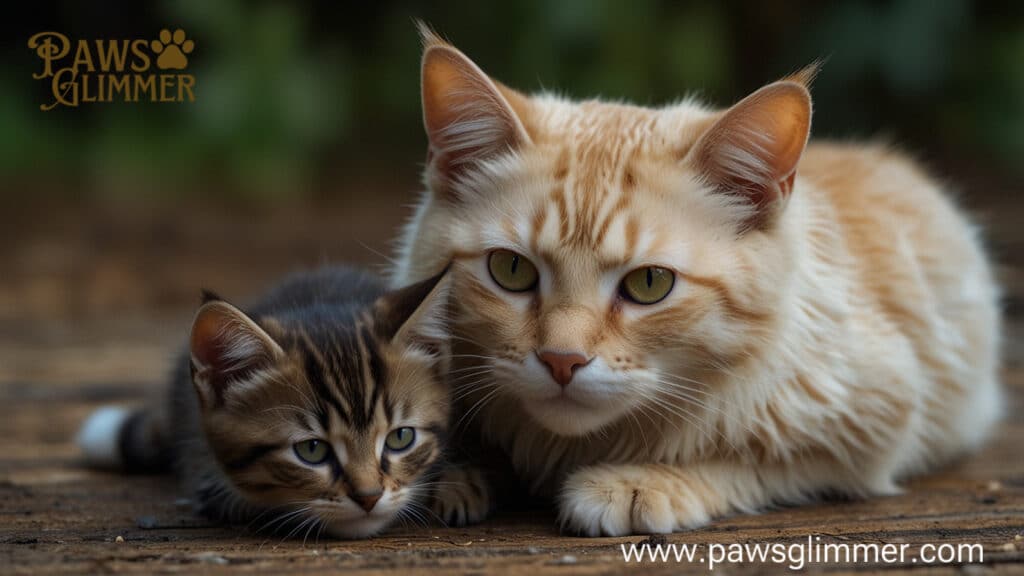When we think of a mother cat, we often picture a nurturing feline tenderly caring for her litter. However, nature sometimes takes a shocking turn, leaving cat owners bewildered and heartbroken. The phenomenon of Why Do Cats Eat Their Kittens? while disturbing, is not as uncommon as we’d like to believe.
This article delves into why do cats eat their kittens? exploring the reasons behind this behavior and offering guidance for cat owners facing this distressing situation. Understanding the causes, from stress to survival instincts, can help owners intervene early and provide the best care for their feline families.
Understanding Feline Maternal Behavior
Before we dive into the darker aspects of feline motherhood, it’s crucial to understand normal maternal behavior in cats. A cat mom typically exhibits strong protective instincts, providing warmth, nourishment, and care to her kittens. This instinctive behavior includes:
- Constant grooming of kittens
- Nursing on demand
- Keeping the kittens close and warm
- Protecting the litter from perceived threats
However, the line between nurture and nature’s cruel side can sometimes blur, leading to unexpected and distressing outcomes.
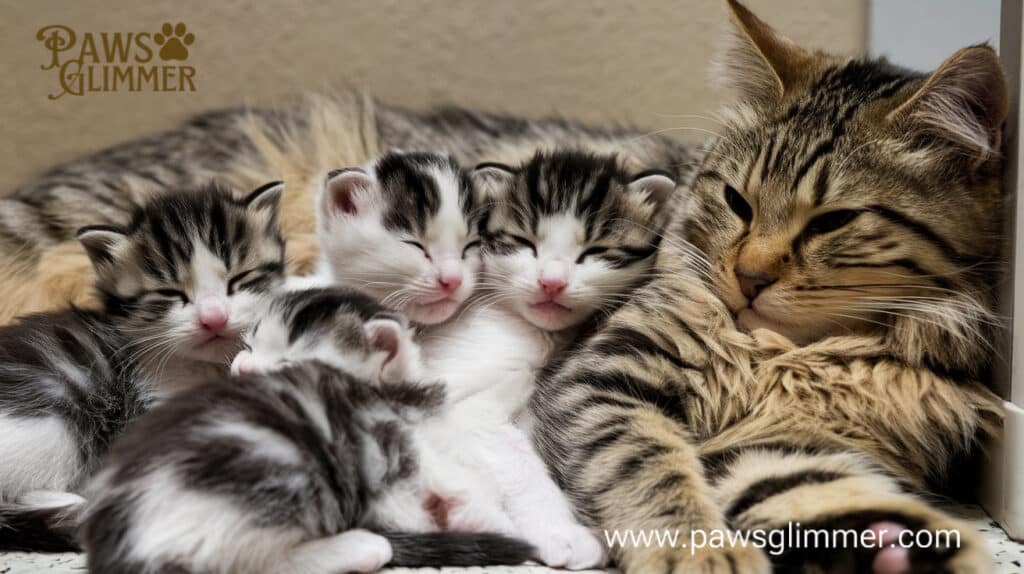
8 Eye-Opening Reasons Cats Might Consume Their Offspring
1. Stress and Anxiety: When the World’s Too Much to Handle
Just like humans, cats can experience stress and anxiety, especially during and after pregnancy. A mama cat might resort to eating her kittens if she feels overwhelmed or threatened. Factors contributing to this stress include:
- Noisy or chaotic environments
- Presence of other animals or unfamiliar humans
- Lack of a safe, quiet space for nesting
Case Study: In a 2018 study by the University of Bristol, researchers found that cats in multi-pet households were 1.5 times more likely to exhibit stress-related behaviors, including aggression towards their young.
Explore More About Dog Barking Law
2. Lack of Experience: First-Time Mom Jitters Gone Wrong
For a first-time cat parent, the responsibilities of motherhood can be overwhelming. Inexperienced mothers might accidentally harm their kittens while trying to care for them, leading to panic and the misguided decision to eat them.
“First-time cat mothers are like new human parents – they’re learning on the job. Sometimes, tragically, their inexperience can lead to fatal mistakes.” – Dr. Sarah Johnson, Feline Behaviorist
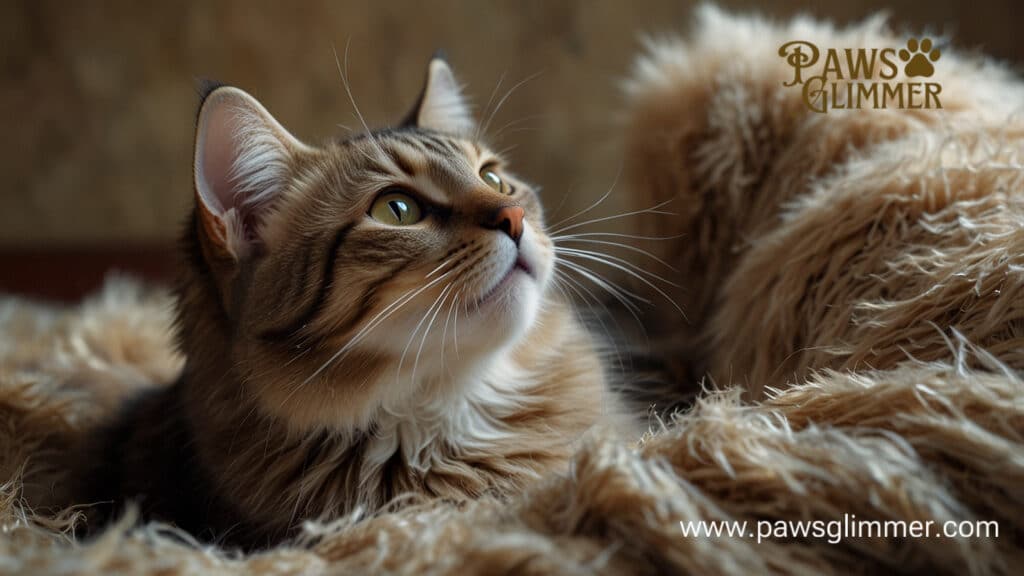
3. Health Issues in Kittens: Nature’s Harsh Way of Culling the Weak
A mother cat’s survival instinct might kick in if she senses that one or more of her kittens are unhealthy kittens or have a potential infection. This behavior, while shocking to us, is nature’s way of ensuring the survival of the fittest.
Common health issues that might trigger this response include:
- Congenital defects
- Failure to thrive
- Signs of illness or weakness
Learn More About Dog Get Pregnant
4. Nutritional Deficiencies: Desperate Times, Desperate Measures
A malnourished mother might resort to eating her kittens to replenish her own depleted resources. This heartbreaking scenario underscores the importance of proper nutrition for pregnant and nursing cats.
| Nutrient | Importance for Mother Cats |
|---|---|
| Protein | Essential for milk production and tissue repair |
| Calcium | Crucial for milk production and preventing eclampsia |
| Fats | Provides energy for nursing and kitten care |
| Vitamins | Supports overall health and immune function |
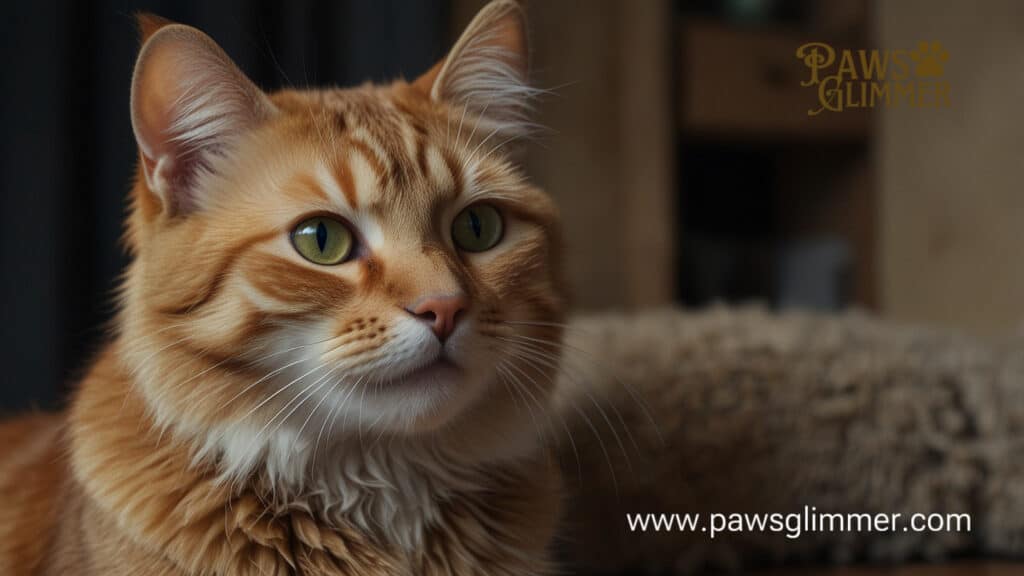
5. Hormonal Imbalances: When Biology Goes Haywire
Hormonal fluctuations during and after pregnancy can sometimes lead to erratic behavior in mother cats. In rare cases, these imbalances might trigger the impulse to consume offspring.
6. Environmental Threats: Protecting the Litter by Eliminating It
Paradoxically, a mother cat might eat her kittens if she perceives potential threats in the environment. This extreme form of protecting the litter stems from the instinct to prevent a worse fate for her young.
Potential threats might include:
- Predators (real or perceived)
- Hostile other cats
- Human interference
7. Accidental Ingestion During Grooming: A Tragic Mistake
Sometimes, what appears to be intentional kitten consumption might be a terrible accident. Overzealous grooming, especially of the umbilical cord area, can lead to unintended injury or ingestion.
8. Genetic Predisposition: When Instincts Misfire
Some cats may have a genetic tendency towards this behavior, especially if they come from lines where it has occurred before. This underscores the importance of responsible breeding practices.
Recognizing the Signs: Has Your Cat Eaten Her Kittens?
Identifying whether a mother cat has eaten her kittens can be challenging, especially if you’re not constantly monitoring the litter. Here are some signs to watch for:
- Sudden disappearance of one or more kittens
- Blood or tissue around the nesting area
- Mother cat showing agitation or restlessness
- Changes in the mother’s behavior towards remaining kittens
It’s crucial to observe without hovering, as excessive human presence can contribute to the mother’s stress.
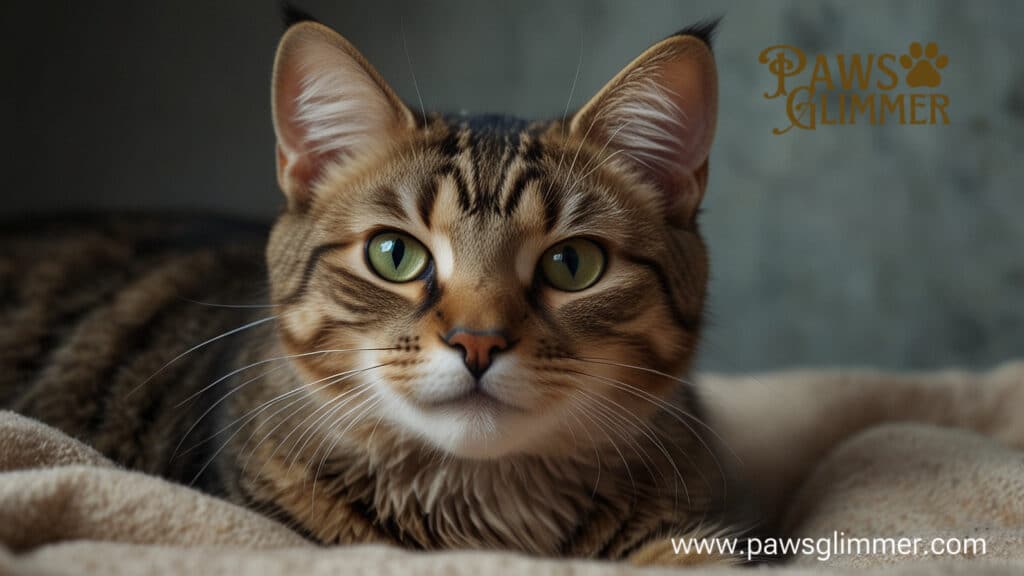
Prevention: Keeping Kitty Families Safe and Sound
While we can’t control every aspect of feline behavior, there are steps we can take to reduce the likelihood of this tragic occurrence:
- Create a stress-free environment
- Provide a quiet, secluded area for the mother and kittens
- Limit visitors and handling of the kittens
- Use pheromone diffusers to promote calm
- Ensure proper nutrition
- Feed high-quality, nutrient-rich food to pregnant and nursing cats
- Consult with a vet about appropriate supplements
- Regular vet check-ups
- Monitor the health of the litter and the mother
- Address any potential infection or health issues promptly
- Consider spaying
- Prevent unwanted pregnancies and reduce hormonal fluctuations
Don’t miss this important information
What to Do If the Unthinkable Happens
If you suspect or discover that a mother cat has eaten her kittens, take the following steps:
- Don’t panic or punish the cat – Remember, this is a natural, albeit distressing, behavior.
- Contact your veterinarian immediately – They can assess the mother’s health and the wellbeing of any remaining kittens.
- Separate the mother from remaining kittens if necessary – But only under veterinary guidance, as separation can cause additional stress.
- Seek professional help – Both for the cat’s physical health and for your own emotional wellbeing.
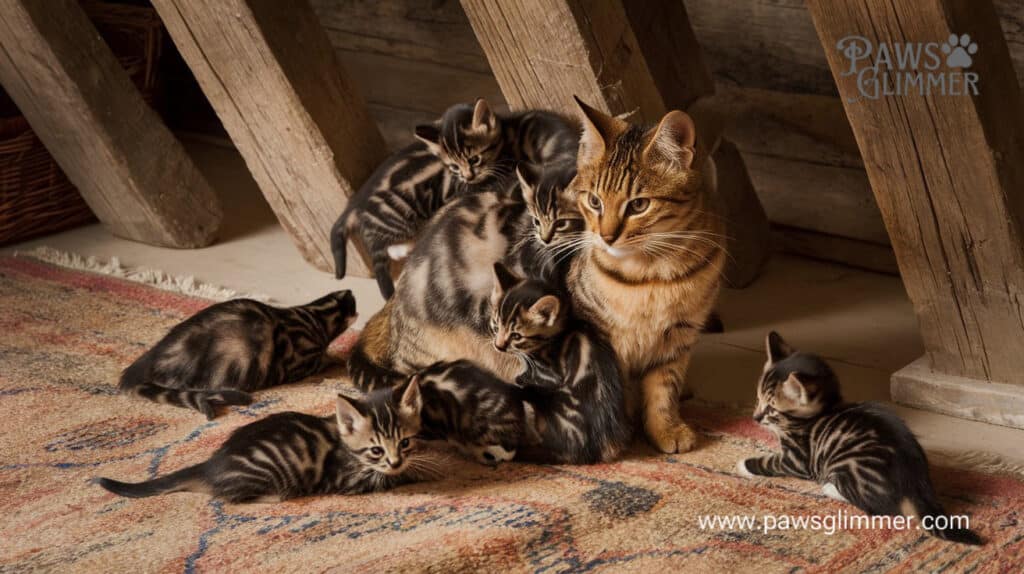
The Emotional Toll: Coping with the Loss
Witnessing or discovering that a cat has eaten her kittens can be traumatic for pet owners. It’s important to:
- Understand it’s not your fault – This behavior stems from complex natural instincts.
- Seek support – Talk to other cat owners or join online forums for those who’ve experienced similar situations.
- Consider professional help – Both for yourself and potentially for the mother cat, if behavioral issues persist.
You Might Like Why Cat Sleep On Clothes
Dispelling Myths and Misconceptions
Let’s address some common misconceptions about this behavior:
- Myth: Cats who eat their kittens are evil or bad mothers.
Fact: This behavior is driven by instinct and environmental factors, not malice. - Myth: First-time mothers always eat their kittens.
Fact: While inexperience can be a factor, many first-time cat moms are excellent parents. - Myth: Once a cat eats her kittens, she’ll always do it.
Fact: With proper care and management, many cats go on to successfully raise future litters.
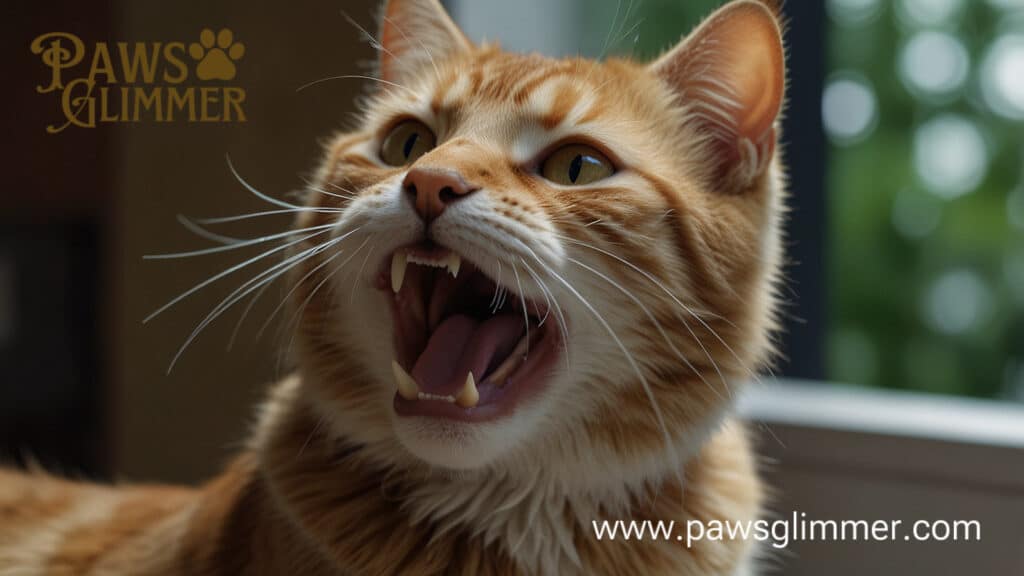
Conclusion: Embracing the Complexities of Feline Nature
The phenomenon of mother cats eating their kittens is a stark reminder of the sometimes harsh realities of nature. While distressing, it’s crucial to approach this topic with understanding and compassion. By educating ourselves and providing the best possible care for our feline friends, we can help minimize the occurrence of this behavior and ensure healthier, happier cat families.
Remember, if you’re concerned about your cat’s behavior during pregnancy or after giving birth, don’t hesitate to consult with a veterinarian or feline behaviorist. With proper care, attention, and understanding, we can help our feline companions navigate the challenges of motherhood successfully.
FAQs: Answering Your Burning Questions About Cats and Kittens
Q: Can male cats eat kittens too?
A: Yes, male cats can sometimes eat kittens, especially if they’re not the father. This behavior is more common in feral or unaltered male cats.
Q: How long should I wait before breeding a cat who’s eaten her kittens?
A: It’s generally recommended to wait at least one full heat cycle, if not longer. More importantly, consult with a vet to address any underlying health or behavioral issues before considering breeding again.
Q: Are certain cat breeds more prone to this behavior?
A: While any cat can potentially exhibit this behavior, it’s more commonly reported in feral or stray cats. Purebred cats in stressful environments may also be at higher risk.
Q: Can a cat who’s eaten her kittens ever be a good mother?
A: Yes, with proper care, nutrition, and a stress-free environment, many cats go on to successfully raise future litters. However, close monitoring and veterinary guidance are crucial.

Raymond Dandan is a seasoned pet blogger with a passion for feline care and behavior. With years of experience and a deep love for cats, Raymond brings expert insights and practical tips to “PawsGlimmer.” His engaging writing and thorough research help cat owners provide the best for their furry friends, making him a trusted voice in the pet community.

